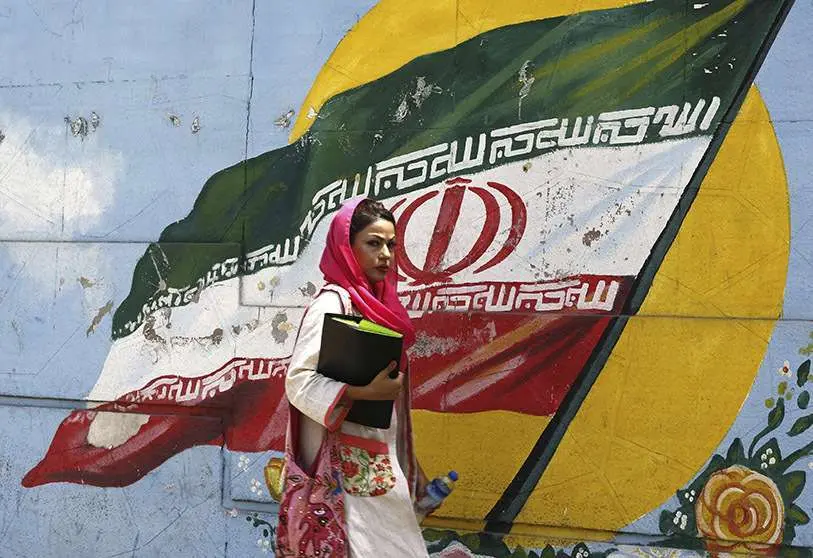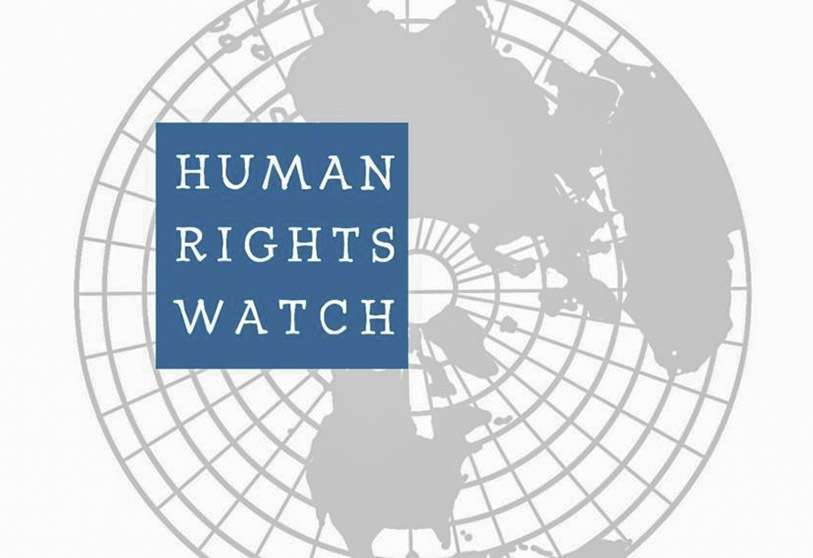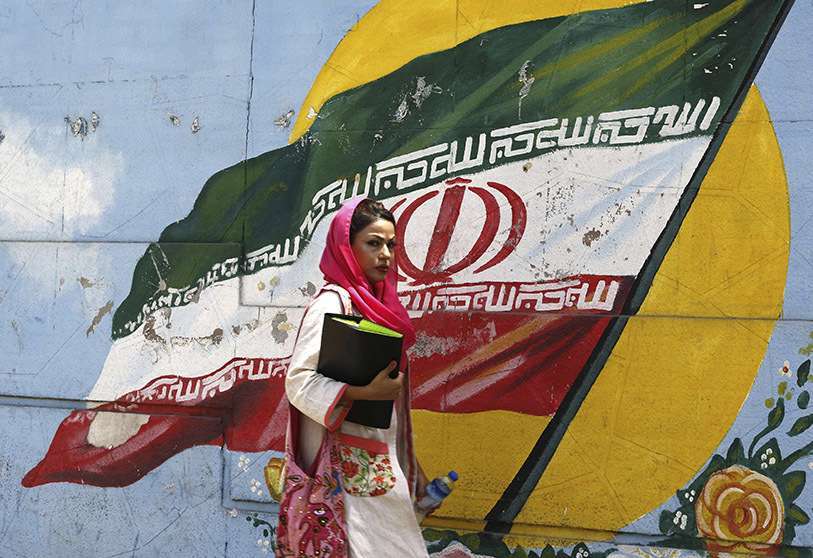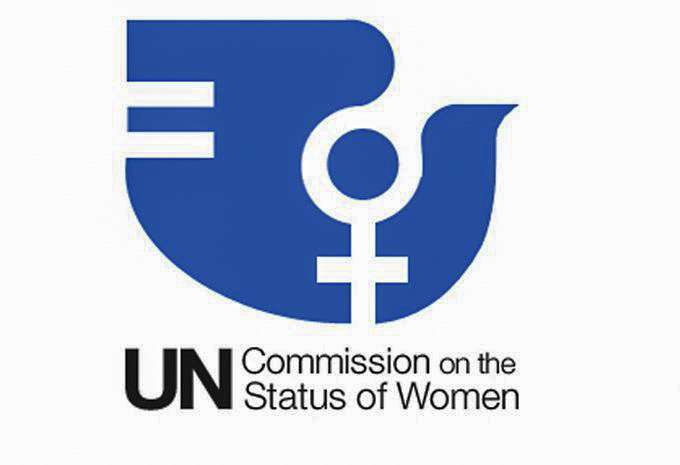HRW denounces Iran's "undeserved" appointment to UN women's committee

Human Rights Watch (HRW) has denounced Iran's nomination to the UN women's committee, citing the country's "deplorable women's rights record". Last week, Iran was elected by 54 UN member states to the Commission on the Status of Women, a New York-based body that aims to promote gender equality and women's empowerment.
On its website, HRW lists a number of regressive Iranian laws that disproportionately affect women. For example, Iranian law allows girls to marry at 13 and boys at 15, there are widespread travel restrictions aimed exclusively at women, and women human rights defenders are routinely targeted.
"This is surreal," tweeted Iranian women's rights activist Masih Alinejad. "A regime that treats women as second-class citizens, imprisons them for not wearing the mandatory hijab, bans them from singing, bans them from entering stadiums and does not allow them to travel abroad without their husbands' permission, is elected to the UN's top women's rights body." Alinejad added: "The women of my country, Iran, are disappointed with the UN. Don't legitimise a misogynistic regime."

He also criticised the way in which appointments to the UN body were made. He said that normally elections to UN bodies are conducted through competitive voting among member states, but "last week, the 54 member countries of the UN Economic and Social Council (ECOSOC) got things wrong by holding non-competitive elections". The result "was an undeserved reward for abusive governments, especially Iran," HRW added. "UN delegations should not give credibility to abusive states by rewarding them with human rights posts".
Thus, the UN has had four countries with a murky record on women's rights violations join the Commission on the Status of Women. Mauritania, Egypt, Iran and Tunisia will sit at the body's table to deliberate on issues involving women around the world, passing resolutions and standards. To top it all off, Iran will chair the commission for four years.
Its record "should now receive additional scrutiny", HRW added. "In the future, UN member states should avoid voting for abusive governments wherever possible and insist that lists are competitive for all. Anything less only undermines the standing of UN human rights."

The Commission on the Status of Women is the "global champion of gender equality," according to the organisation. It works to develop and uphold standards in which all women can exercise their human rights. The commission focuses on issues it considers fundamental to women's equality and seeks to promote the advancement of women worldwide.
However, domestic violence, marital rape and child and forced marriage are crimes that the Iranian authorities have not criminalised. These crimes and other types of gender-based violence against women remain widespread in the country, according to Amnesty International. Women have been imprisoned for speaking out for women's rights, HRW reported.
"Choosing the Islamic Republic of Iran to protect women's rights is like making an arsonist the city's fire marshal," said Hillel Neuer, executive director of UN Watch. "It is absurd, and morally deplorable." "This is a black day for women's rights, and for all human rights," Neuer added. "The persecution of women in Iran is blatant and systematic, both in law and in practice. The UN Secretary General himself has reported in the past on the "persistent discrimination against women and girls in Iran," Neuer concluded.

Why, then, did the UN appoint one of the world's worst oppressors of women as a global judge and guardian of gender equality and women's empowerment? Today the UN has sent the message that women's rights can be sold for backroom political deals, Neuer said, "and has let down millions of women victims in Iran and around the world who seek the protection of the world body".
What this whole scenario does is to show that the UN does not have total coherence between its status and its actions. The same happened with Venezuela, when it advocated the lifting of sanctions, instead of denouncing the serious human rights violations of Nicolás Maduro's regime. Political prisoners and poor living conditions tarnish the regime's record without it receiving stern calls for attention. For Maduro's benefit, Venezuela has been a member of the Human Rights Council since 2019.








